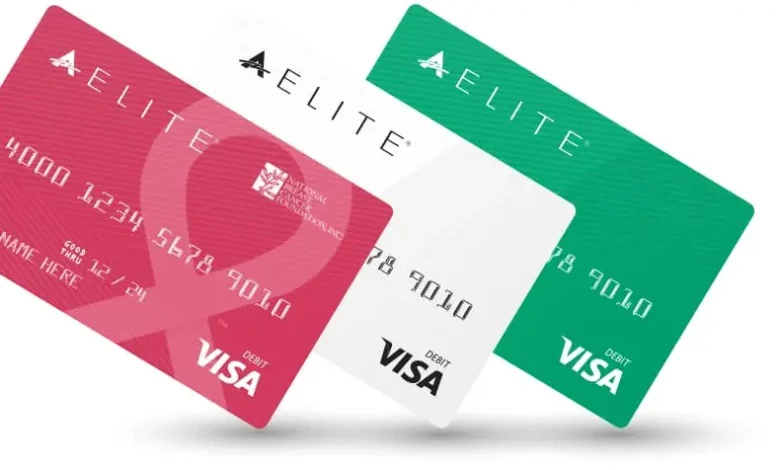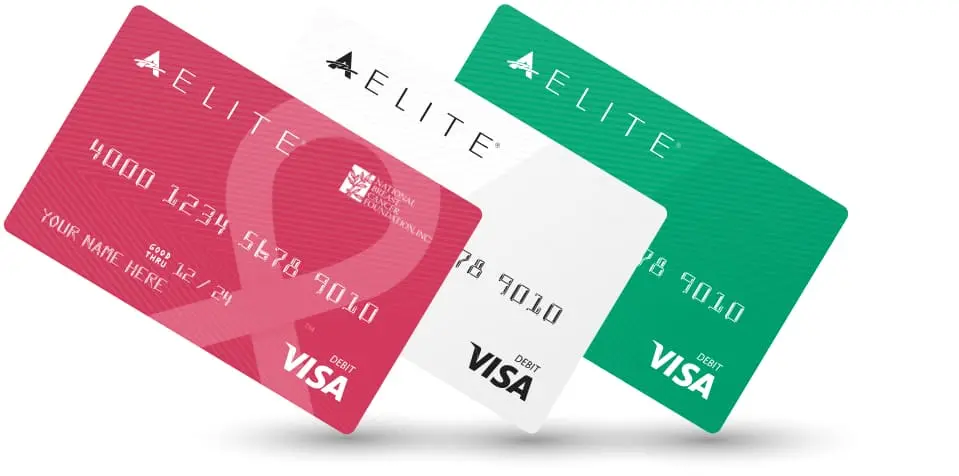Streamlined Payments: Exploring Solutions with Prepaid Visa Cards (2024)

Prepaid Visa cards have grown into a popular tool for businesses, individuals, and institutions aiming to streamline financial transactions. Unlike traditional debit or credit cards linked to a bank account or credit line, prepaid Visa cards are funded in advance and can only be used for the amount loaded onto the card.
This unique feature makes them a flexible and widely accepted payment solution, ideal for everything from everyday shopping to corporate payroll and even gifting. Here, we’ll explore how prepaid Visa cards work, their benefits, use cases, and key considerations for those considering their adoption.

How Prepaid Visa Cards Work
A prepaid Visa card functions similarly to a debit card but without a direct link to a personal bank account. To use a prepaid card, funds are added to the card before any transaction, setting a spending limit that equals the loaded amount.
This preloading system not only makes prepaid cards straightforward to use but also helps cardholders control spending more effectively. Once funds are depleted, users must reload the card or, in some cases, purchase a new one if it is a single-use card. Many prepaid Visa cards are reloadable, allowing users to add funds multiple times as needed.
Prepaid Visa cards can be used virtually anywhere Visa is accepted, including online and at most retailers. Cardholders can even withdraw cash at ATMs, though fees may apply, making them versatile for a variety of spending needs.
Benefits of Prepaid Visa Cards
- Budget Control
Prepaid cards help individuals and businesses better manage their budgets, as spending is limited to the preloaded amount. This aspect makes them particularly appealing to users who may wish to avoid debt or overspending, offering a practical solution for budgeting and financial control. They’re an excellent alternative for those who want to avoid traditional credit cards with potential interest fees and debt risk. - Broad Acceptance and Flexibility
Because they operate on the Visa network, prepaid Visa cards are widely accepted by merchants around the world. They can be used both in-store and online, making them ideal for various payment needs, from groceries to e-commerce. For people who frequently travel or engage in online shopping, prepaid Visa cards offer a secure and versatile payment solution. - Enhanced Security
Prepaid Visa cards are a safer option for online shopping or travel, as they are not directly connected to a user’s bank account. If a card is lost or stolen, it poses minimal risk to other finances since it only provides access to the loaded amount. Furthermore, many prepaid Visa cards come with fraud protection, offering cardholders peace of mind. - No Credit Check Required
Unlike credit cards, prepaid Visa cards do not require a credit check, making them accessible to individuals with little or no credit history or those with poor credit. This feature has made them popular among young adults, new residents, and people rebuilding their credit. - Versatile Applications for Businesses
Prepaid Visa cards are frequently used by companies to simplify payroll for remote or temporary employees, distribute bonuses, or manage employee expenses. Employers can issue cards to team members and load funds as needed, providing a controlled means to handle expenses while eliminating the need for petty cash or reimbursement processes.
Common Use Cases for Prepaid Visa Cards
- Payroll and Employee Benefits
Prepaid cards allow businesses to distribute payroll and benefits efficiently, particularly for part-time, freelance, or contract employees. They also provide a straightforward solution for per-diem payments and work-related expenses, eliminating the need for reimbursement paperwork and making tracking expenses easier. - Gift Cards
Prepaid Visa cards are a popular choice for gift-giving. As an alternative to store-specific gift cards, they offer recipients the freedom to choose their purchases at any Visa-accepting retailer. This flexibility has made them a go-to option for holiday and special-occasion gifts. - Budgeting for Personal or Household Expenses
Many individuals use prepaid Visa cards as a budgeting tool by loading a set amount for specific spending categories, such as groceries, dining out, or entertainment. By using a prepaid card in this manner, people can prevent overspending and gain better control over their finances. - Travel Expenses
Travelers often prefer prepaid Visa cards for international trips to avoid carrying large amounts of cash. These cards can also help reduce currency conversion fees and protect the primary bank account from potential fraud abroad.
Key Considerations for Using Prepaid Visa Cards
- Fees
Prepaid Visa cards often come with various fees, including activation fees, ATM withdrawal fees, monthly maintenance fees, and foreign transaction fees. It’s important for users to read the terms and conditions carefully before choosing a card to avoid unexpected charges. - Reload Limits and Expiration
Many prepaid Visa cards have a maximum reload limit or expiration date. Some cards allow for unlimited reloads, while others may have a limit on how much can be loaded over a certain period. Understanding these limits can help users plan better and avoid issues when they need to add funds. - Loss or Theft Protection
While prepaid Visa cards typically offer some level of protection, they may not carry the same level of coverage as traditional debit or credit cards. Cardholders should inquire about fraud protection and loss policies to ensure their funds are secure. - Limited Use in Building Credit
Prepaid Visa cards do not help build or improve a credit score because they are not credit-based products. For individuals seeking to establish or rebuild credit, a secured credit card might be more beneficial. - Reloading Options
Users should explore the reloading options available for their prepaid Visa card. Some cards allow reloading via direct deposit, bank transfer, or cash at participating retailers, while others may have limited options.
Conclusion
Prepaid Visa cards offer a convenient and versatile payment solution, combining budgeting control with wide acceptance and enhanced security. They cater to a variety of users, from individuals seeking an alternative to credit cards to businesses looking for a streamlined way to handle payroll and expenses. While there are some fees and limitations associated with these cards, their advantages in budgeting, security, and convenience make them a valuable tool for many people. For individuals and businesses alike, prepaid Visa cards are an effective solution in the modern payment landscape, offering a unique mix of control, flexibility, and accessibility.
FAQs :
1. What are prepaid Visa cards used for?
Prepaid Visa cards offer a flexible payment solution that allows users to load funds onto the card in advance, providing the convenience of a Visa card without needing a traditional bank account. They are commonly used for budgeting, gifting, online shopping, and managing expenses without incurring debt.
2. Are prepaid Visa cards accepted everywhere?
Yes, prepaid Visa cards are accepted globally wherever Visa is accepted, both online and in-store. However, some locations may not accept them for recurring payments, car rentals, or hotel reservations, so it’s good to check with the specific merchant first.
3. Can I reload funds onto a prepaid Visa card?
Many prepaid Visa cards offer reloadable options, allowing users to add funds multiple times, either online, at designated locations, or through direct deposits. Non-reloadable cards, often used for gifts, cannot be reloaded once the initial balance is used.
4. What are the fees associated with prepaid Visa cards?
Fees vary by card issuer and type of prepaid Visa card. Activation fees, monthly maintenance fees, ATM withdrawal fees, and foreign transaction fees are examples of typical fees. It’s recommended to review the card’s terms and fee schedule to understand any costs involved.



